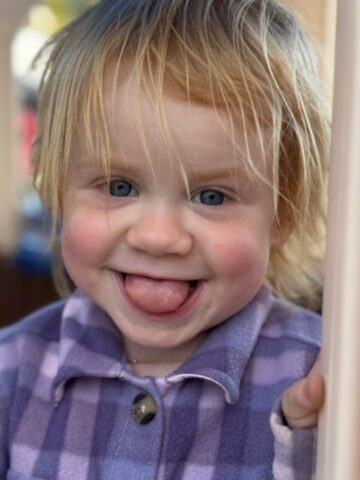When he was 12, Ethan Nguyen jotted down inspirational sayings in his journal, among them:
You don’t have to be perfect to be amazing.
A day without laughter is a day wasted.
Life is a gift.
After he recently died of blood cancer at age 20, Ethan made the ultimate gift – an extraordinary act of love and hope. He donated his brain to a comprehensive, National Institutes of Health-funded research project led by UC Irvine and other national academic and healthcare powerhouses.
“He’s such a giver – that was his spirit,” says his mother, Celeste.
Moving the needle
The NIH’s BRAIN Initiative Cell Atlas Network (BICAN) project aims to describe cells that make up the human brain in unprecedented molecular detail. The study could lead to gene therapies for such conditions as Alzheimer’s disease and autism.
Ethan is the first pediatric patient to become part of the $126-million study that began in 2022.
Initially designed to include only brains of adults, the study was broadened to include children, and Rady Children’s Health is the first pediatric healthcare system to join the project. Moving forward, plans are to find two to four families a year who will consider having their terminally ill children’s brains be studied.
Because healthy brain donations are so rare — especially from young children and teens — such gifts can fill a critical gap in science.
Ethan’s contribution may help protect future generations from devastating brain diseases.
“This truly is the ultimate gift,” says pediatric neurologist Dr. John Crawford, division chief of child neurology at Rady Children’s Hospital in Orange and a co-primary investigator for BICAN, along with Dr. Jason Knight, medical director of the pediatric intensive care unit (PICU ). Pediatric psychologist Dr. Heather Huszti, chair of the division of pediatric psychology, also is on the team.
“Gifts come in many forms,” Dr. Crawford adds. “This one is priceless. How do you quantify a person donating a brain for science? You can’t. I think it’s magical in many ways, and it’s inspiring to us to want to advance science and not to waste a single microgram of tissue. This is more precious than gold and will be used to change lives.”
Ethan’s gift wouldn’t have happened without a family that understood the importance of research and a care team that took on the difficult and delicate task of discussing the opportunity when Ethan was still alive.
That responsibility fell largely on Dr. Knight, who says having developed a close relationship with Ethan and his parents made things a little easier.
“It’s heavy, it’s hard, it’s difficult to have these conversations with families,” says Dr. Knight, “but it was amazing that Ethan’s parents were so approachable and understanding. Their son was in the act of dying and they were just so grateful that we were able to make this happen.”
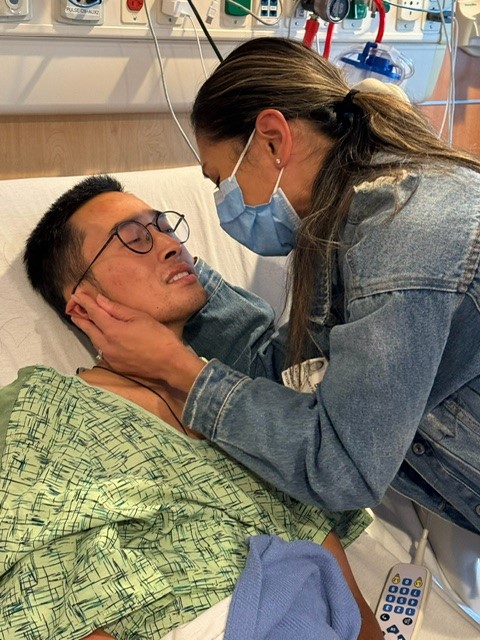
A final sunset
It all happened so suddenly.
After noticing enlarged lymph nodes in his neck, Ethan was diagnosed with acute lymphoblastic leukemia (ALL) in July 2024.
He was working part time at an In-N-Out and was a first-year college student with dreams of becoming a Broadway musical performer or, if that didn’t work out, a pediatrician.
Ethan underwent chemotherapy and was in remission in October 2024. But he relapsed in March 2025. By then, he had developed a second related blood cancer.
Therapies to treat Ethan in the hopes of getting him healthy enough to receive a bone marrow transplant weren’t enough.
He died on June 13, 2025, after spending two weeks at home and seeing his last sunset at a favorite spot in Huntington Beach.
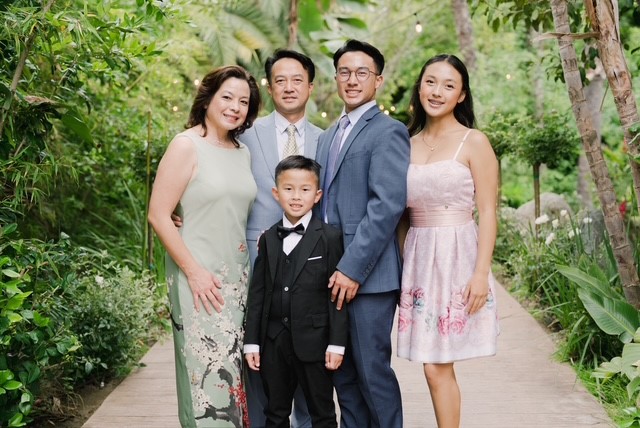
A ‘great light’
In addition to his mother, Ethan leaves behind his father, Tim, sister Candace, 18, and brother Adam, 9.
“I felt that Ethan was put on Earth for a special gift — to be a good brother to his siblings and to be a great light for others,” Celeste says.
“He was mature beyond his years,” adds Tim.
Ethan grew up in a musical family. Celeste sings and Tim plays piano and the saxophone.
“It fosters joy in the home to be able to express your feelings through music,” Tim says.
At an early age, Ethan learned the guitar and loved to dance. At his kindergarten talent show he boogied out to Michael Jackson’s “Beat It.”
He took hip hop classes through junior high and joined an award-winning show choir in high school.
Ethan was active on social media before and after his diagnosis. He posted about his health journey to spread awareness about pediatric cancer and was becoming active in Rady Children’s Adolescent and Young Adult (AYA) Cancer Program.
Ethan volunteered at the Aquarium of the Pacific in Long Beach while in high school as well as at the Discovery Cube in Santa Ana.
He also volunteered in the pediatrics department at Kaiser Permanente in Anaheim where his mother works as an assistant director of laboratory services.
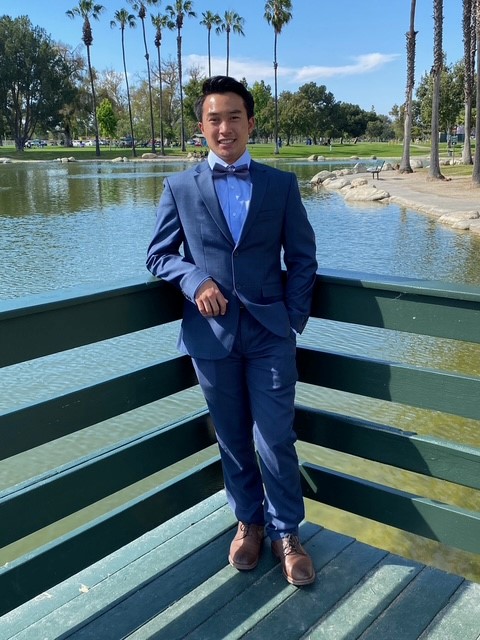
Teamwork
Both of Ethan’s parents have science and medical experience.
Tim got a master’s degree in microbiology and cell biology and initially wanted to go into cancer research. He works at a biotechnology company.
Tim and Celeste say when Dr. Knight mentioned the opportunity of Ethan becoming a donor, they knew it would be something he would want to do — and they realized the importance of such a donation.
Institutional Review Boards at Rady Children’s and UC Irvine met to make the donation possible, since Ethan, although he was 20, technically was a pediatric patient.
“Being parents, we had to remain very positive and face such a situation with hope instead of gloom and doom,” Tim recalls. “We were always trying to be positive and so was Ethan.”
Dr. Knight says he felt “extreme sadness” for Ethan and his family but also praised them for their selfless decision.
“I have so much respect for them,” he says. “They weren’t just accepting, but so gracious and intelligent and thankful that we were providing them an opportunity to do something like this for their son. They really wanted to contribute to research in some way.”
Also involved in Ethan’s end-of-life donation were pathologists Dr. Aaron Sassoon and Dr. Nael Amzajerdi as well as Dr. Van Huynh, Ethan’s primary oncologist, and fellow pediatric oncologist Dr. Agnes Horvath.
Another team played a critical role in the donation process: Virginia Allhusen, manager of health sciences administration for the Neuroscience Institute, and two research coordinators, Melina Thaxton and Matthew Nguyen.
“A unique challenge with this study is UC Irvine is only recruiting donors postmortem, while we’re recruiting patients who are terminally ill when they’re alive but when death is imminent,” Virginia says. “Obviously it is an extremely sensitive topic to broach the prospect of brain donation with a family in their time of grief, but Dr. Knight and the team felt that Ethan’s parents were just the kind of people who might appreciate the opportunity to let a bit of good come out of the end of their son’s life.”
The experience with Ethan and his family, Melina adds, “is hard to put into words.”
Used to immersing herself in procedural duties, being involved in the donation was a profound experience, she says.
“It was a lot to take in, for sure,” agrees Matthew. “But being able to experience the potential impact that research can have in medicine was an experience I will forever be grateful for.”
He and Melina will be involved in future brain donations.
“It was such a humbling experience,” Melina says.
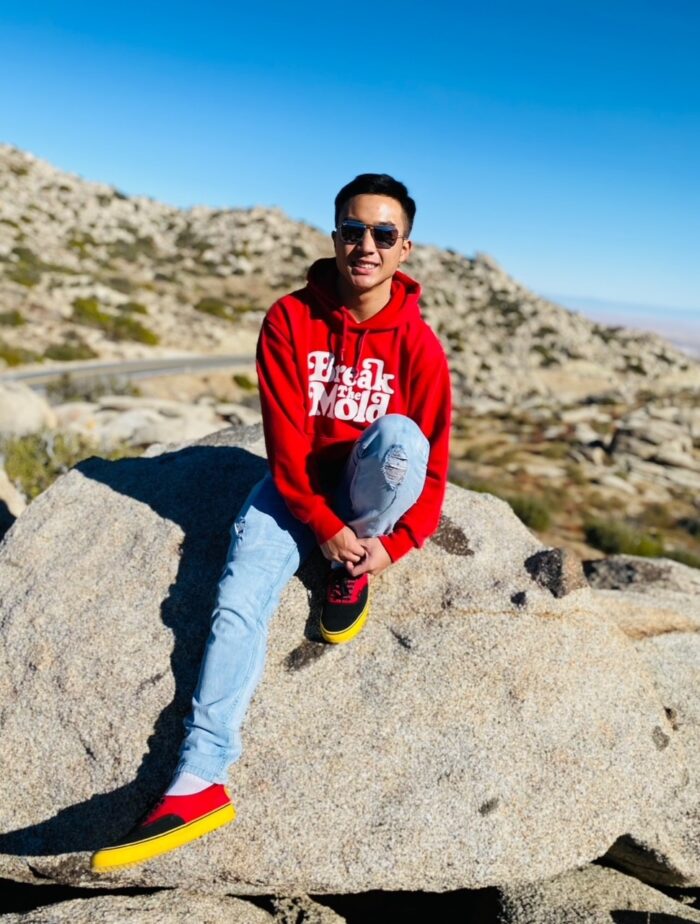
Messages from a pre-teen
Scientists at UC Irvine are analyzing Ethan’s brain in an effort led by Xiangmin Xu, Ph.D., chancellor’s fellow of anatomy and neurobiology and director of the Center for Neural Circuit Mapping.
Dr. Xu is collaborating with scientists from the Salk Institute for Biological Studies at UC San Diego and Washington University in St. Louis.
Meanwhile, Ethan’s many friends continue to send him text messages.
“They’re so thankful to have had Ethan in their lives as a mentor and they want him to continue guiding them,” says his mother.
His father praised Ethan’s care team.
“They are amazing individuals who showed only kindness and compassion,” Tim says. “They really loved Ethan so much.”
In his journal, Ethan wrote down more inspirational messages.
Three of them read:
Not all who wander are lost.
Kindness is a true power.
Just do it.
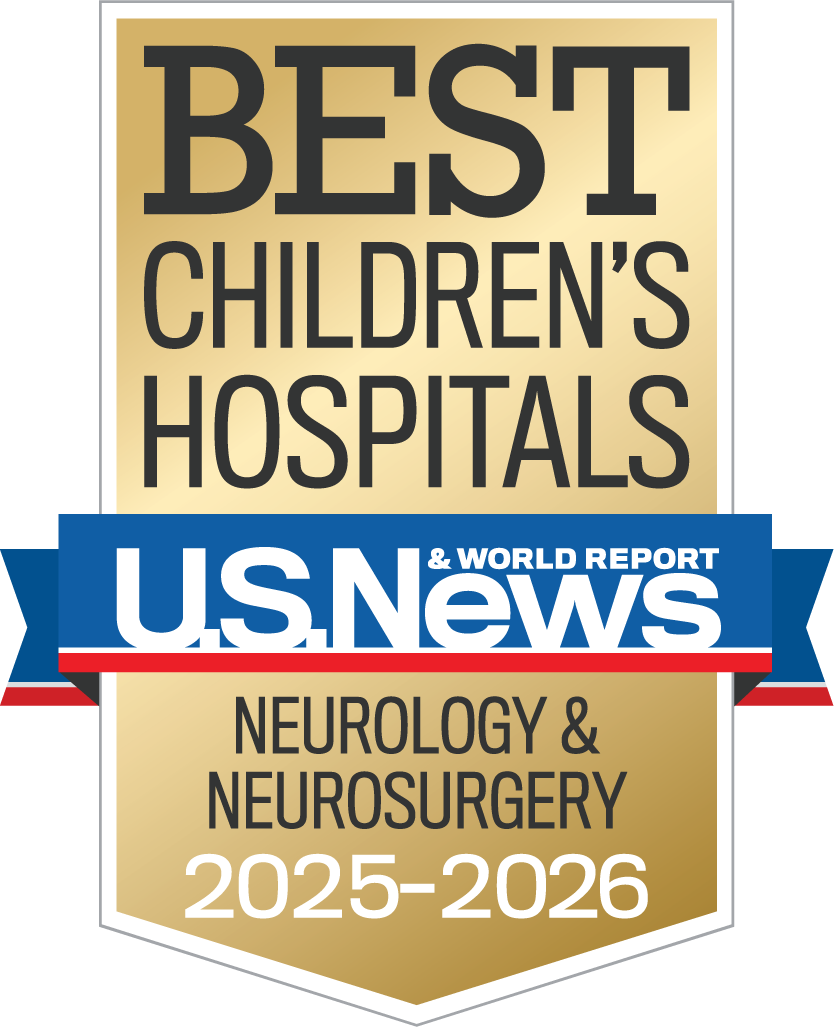
CHOC Hospital was named one of the nation’s best children’s hospitals by U.S. News & World Report in its 2025-26 Best Children’s Hospitals rankings and ranked in the neurology/neurosurgery specialty.

